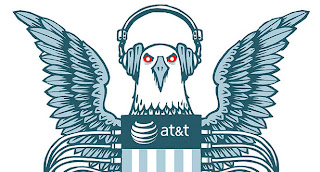This report, which is based upon information from law enforcement and complaints submitted to the IC3, details recent cyber crime trends, new twists to previously-existing cyber scams, and announcements.
POPULAR PASSWORDS
An Internet site who manages passwords recently posted an article pertaining to the lack of secure passwords being utilized which may be a factor in data breaches — past, present, and future. One reason for the lack of security is the amount of passwords a user is required to remember to access the many databases, applications, multiple networks, etc., used on a daily basis. Sharing passwords among users in a workplace is becoming a common theme to continue the flow of operations. Users have prioritized convenience over security when establishing passwords.
The article provided a list of millions of stolen passwords posted on-line by hackers and ranked the top 25 common passwords.
- password
- 123456
- 12345678
- qwerty
- abc123
- monkey
- 1234567
- letmein
- trustno1
- dragon
- baseball
- 111111
- iloveyou
- master
- sunshine
- ashley
- bailey
- passw0rd
- shadow
- 123123
- 654321
- superman
- qazwsx
- michael
- football









